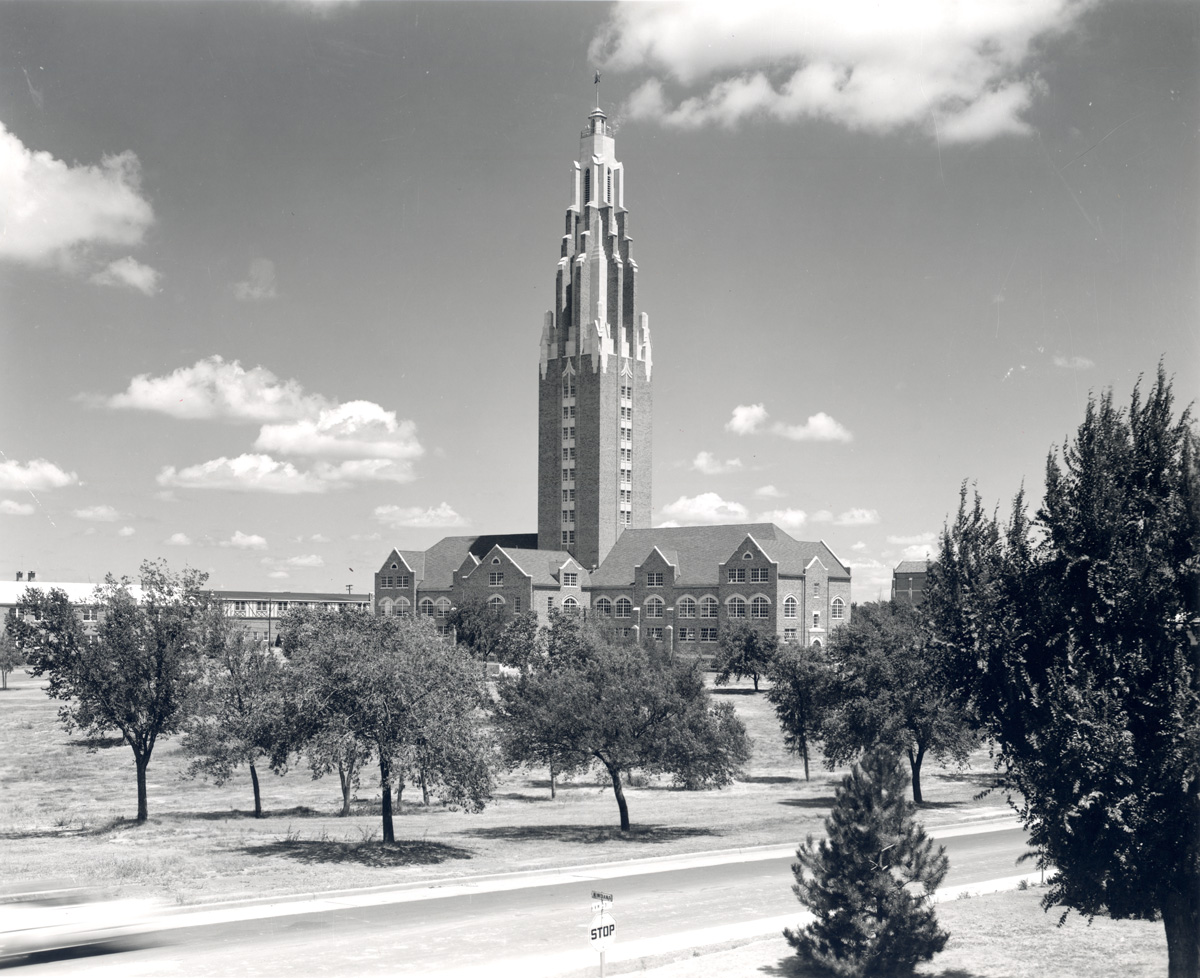LAW SCHOOLS.
In 1907 the Epworth University (now Oklahoma City University), a Methodist institution of higher learning, established the first law school in Oklahoma. Unlike many at the time, Epworth required three years for completion of the degree program. Charles B. Ames was named dean. The faculty consisted of three full-time members, with other courses being taught by attorneys. Classes began in the fall of 1907 with an enrollment of fifteen students.
In September 1909 the first classes began at the University of Oklahoma School of Law, Oklahoma's first and only publicly supported law school. As part of the establishment of that school, Epworth agreed to close its law school at the end of the spring semester in 1910. Epworth also donated its library to the new facility. Julien C. Monnet was the first dean of the University of Oklahoma School of Law.
For many years there were a number of proprietary law schools in the state. The Oklahoma City School of Law, Capital City Law School, Central Oklahoma School of Law, and the Mills Law College offered legal education in Oklahoma City. In 1931 Capital City Law School merged with Oklahoma City School of Law, as did Central Oklahoma School of Law in 1943. Renamed the Oklahoma City College of Law, the school was authorized by the legislature in 1945 to grant the bachelor of law degree. In 1952 Oklahoma City University purchased the Oklahoma City College of Law, ending its proprietary status. In 1956 law students attended classes on the main Oklahoma City University campus, and John G. Hervey was named dean.
In 1923 an evening law school was established in Tulsa. Two years later the school merged with the University of Tulsa and began offering a three-year degree program. Also located in Tulsa, Oral Roberts University (ORU) established the O. W. Coburn School of Law in 1979. The school was founded to educate Christian lawyers. Initially, there was some question whether the American Bar Association would accredit the school, because of its emphasis on Christian values, but accreditation was granted. In 1986 ORU discontinued the law school and gave its law library to CBN (Christian Broadcasting Network) University (now Regent University) at Virginia Beach, Virginia.
From a plethora of law schools in the 1920s, 1930s, and 1940s, Oklahoma at the turn of the twenty-first century had three: the University of Oklahoma College of Law, Oklahoma City University School of Law, and the University of Tulsa College of Law.
See Also
AGRICULTURAL AND VOCATIONAL EDUCATION, COLLEGES AND UNIVERSITIES–PRIVATE, COLLEGES AND UNIVERSITIES–STATE, MEDICAL EDUCATION
Bibliography
Roy Gittinger, The University of Oklahoma: 1892–1942 (Norman: University of Oklahoma, 1942).
Guy William Logsdon, The University of Tulsa: A History, 1882–1972 (Norman: University of Oklahoma Press, 1977).
Paul W. Milhouse, Oklahoma City University: A Miracle at 23rd and Blackwelder (Oklahoma City: Oklahoma Heritage Association, 1984).
Citation
The following (as per The Chicago Manual of Style, 17th edition) is the preferred citation for articles:
Von Russell Creel, “Law Schools,” The Encyclopedia of Oklahoma History and Culture, https://www.okhistory.org/publications/enc/entry?entry=LA029.
Published January 15, 2010
© Oklahoma Historical Society


